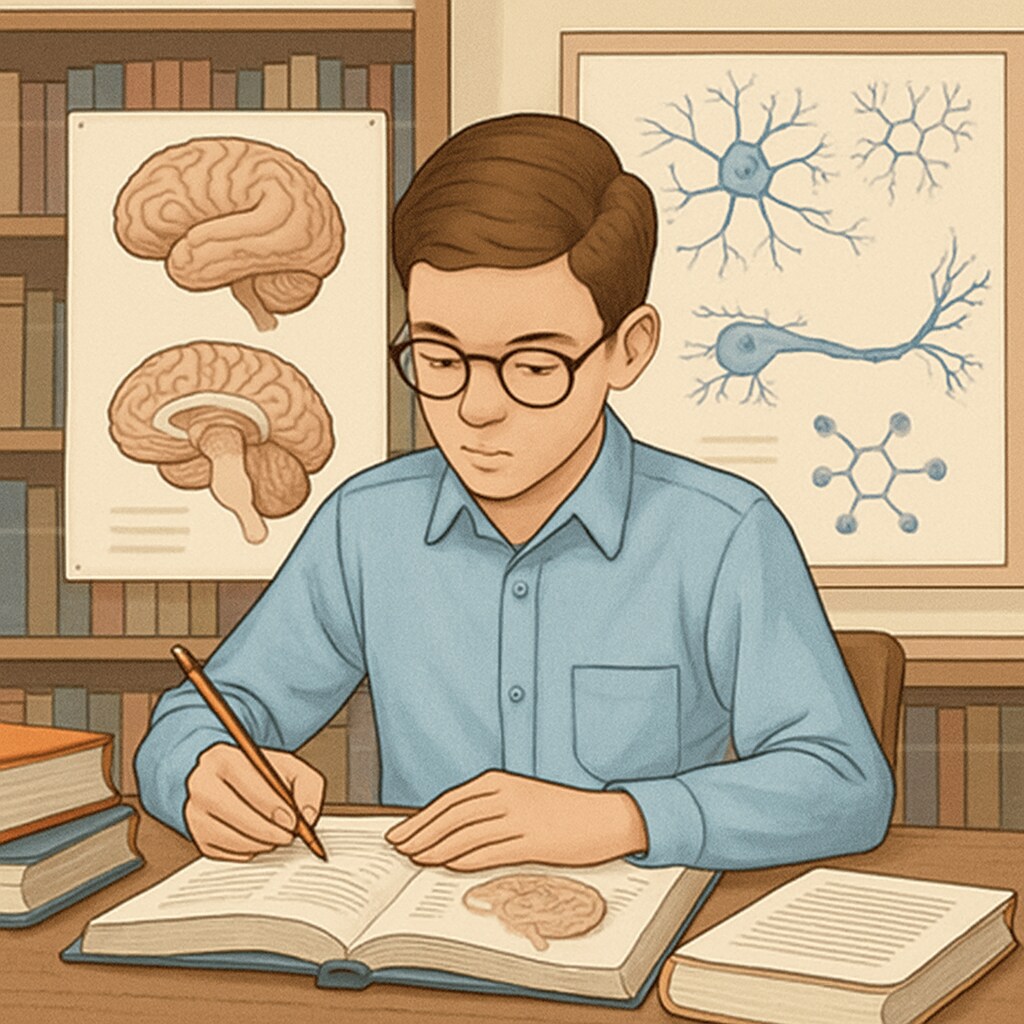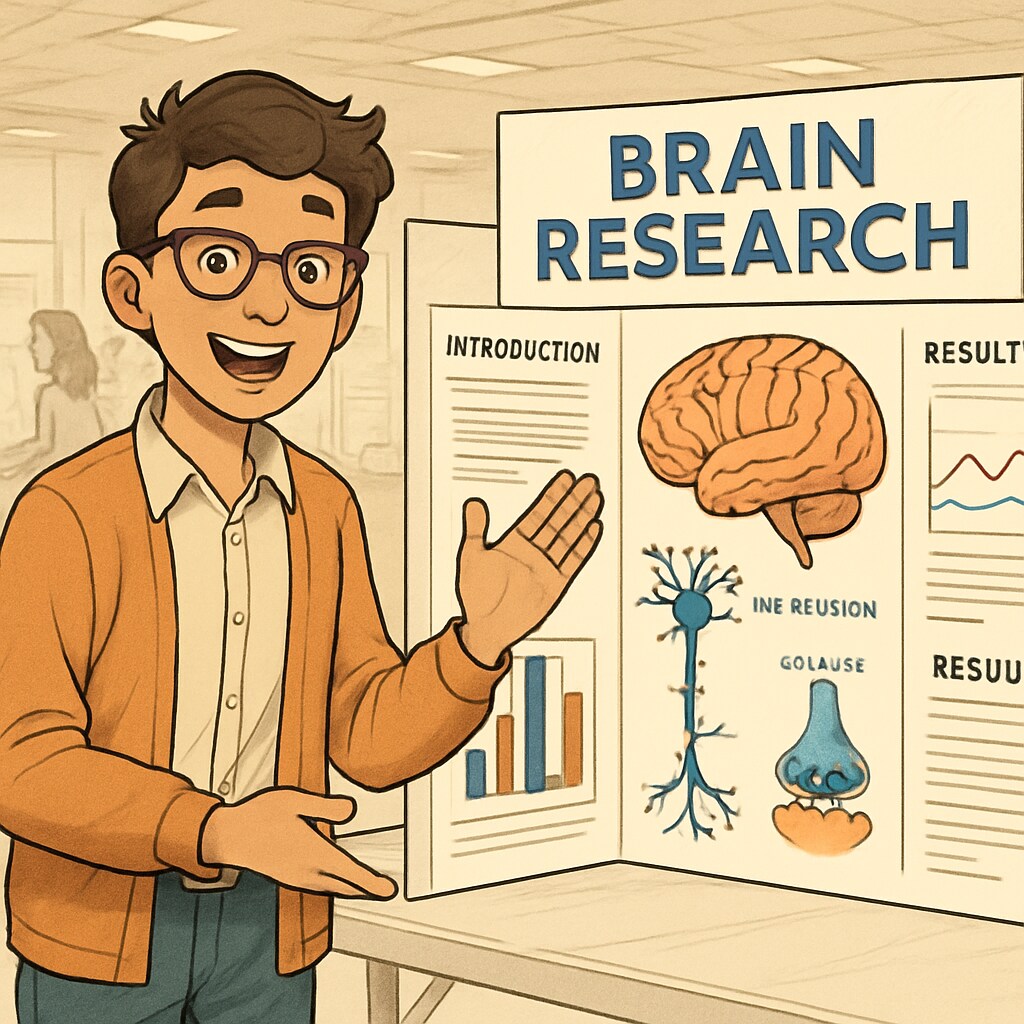For academically gifted ninth graders, achieving high academic performance is only the beginning. Many of these students, particularly those with clear career aspirations such as becoming a neurosurgeon, often seek supplementary learning methods to further enhance their skills and knowledge. This article outlines structured approaches to support these motivated learners, emphasizing academic depth, professional development, and mental well-being.
Why Supplementary Learning Matters for Gifted Students
Gifted students often excel in the traditional classroom setting, but their intellectual curiosity and ambition require additional avenues for growth. Supplementary learning provides opportunities to explore subjects in greater depth, acquire specialized knowledge, and develop critical thinking skills. For example, a ninth grader aspiring to be a neurosurgeon may benefit from early exposure to biology, neuroscience, and medical ethics, which are typically not covered in standard school curriculums.
In addition, supplementary learning can foster a sense of purpose and direction. By engaging in activities that align with their career goals, students can develop a deeper understanding of their chosen field and gain practical experience. This not only enhances their academic profile but also prepares them for the challenges of higher education and professional life.

Building a Balanced Supplementary Learning Path
When designing a supplementary learning plan for gifted ninth graders, it is essential to strike a balance between academic depth and broad personal development. Here are some strategies to achieve this:
- Academic Depth: Encourage students to take advanced courses or participate in online programs that focus on their areas of interest, such as neuroscience, biology, or mathematics. Platforms like Coursera and edX offer specialized courses designed for high-achieving students.
- Professional Exposure: Arrange for mentorship opportunities or internships in relevant fields. For instance, aspiring neurosurgeons can shadow medical professionals or participate in research projects to gain firsthand experience.
- Extracurricular Activities: Encourage involvement in clubs, competitions, or community service programs. Activities like science fairs, debate teams, or volunteering at hospitals can help students develop practical skills and a broader perspective.
- Mental Well-being: Gifted students often face pressure to perform at high levels. Provide resources for stress management, such as mindfulness workshops or counseling, to ensure their emotional health remains a priority.

Resources for Aspiring Neurosurgeons
Students with a specific career goal, such as becoming a neurosurgeon, can benefit from targeted resources to enhance their learning experience. Here are some recommendations:
- Books and Journals: Encourage reading materials like “Neuroscience: Exploring the Brain” by Bear, Connors, and Paradiso or subscribing to journals like Neurosurgery.
- Online Platforms: Explore websites like PubMed for access to scientific articles and research papers.
- Workshops and Camps: Look for medical or STEM-focused summer camps that offer hands-on experiences, such as surgical simulations or laboratory experiments.
- Networking Opportunities: Join professional organizations like the American Association of Neurological Surgeons (AANS) to connect with experts and stay updated on the latest advancements in the field.
These resources can provide valuable insights into the world of neurosurgery while fostering a deeper passion for the subject.
Conclusion: Preparing for Success
By implementing a thoughtful supplementary learning plan, academically gifted ninth graders can achieve their full potential while preparing for their future careers. Whether they aspire to be neurosurgeons or pursue other professional paths, the key is to balance academic rigor with personal growth and mental well-being. With the right resources and support, these students can confidently step into the next phase of their educational journey.


